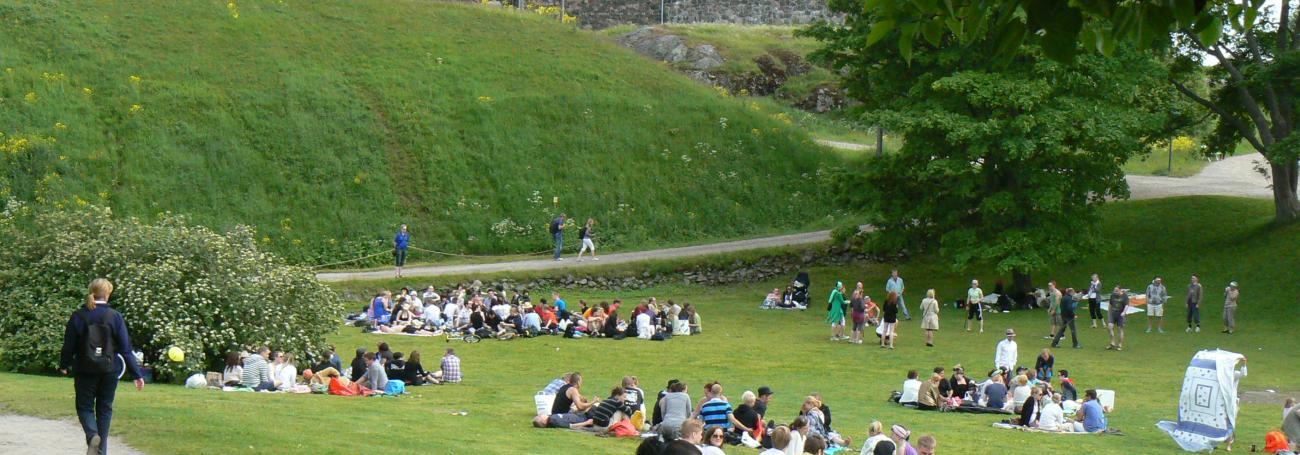
THEMES:
Victims and restorative justice
Although restorative justice puts victims and offenders at the heart of the response to crime, concerns are voiced about the position of victims in restorative justice practices. The European Forum for Restorative Justice is the promoter in a research project on the needs, experiences and position of victims in restorative justice. Preliminary results of this research were presented.
Offenders and restorative justice
When it comes to offenders and restorative justice, a first focus often lies with recidivism but broader issues are at stake such as offender rehabilitation and reintegration into the community.
The Community and restorative justice
As restorative justice develops, we see more ways of how it can progress to include more meaningful participation by the community, for example through different forms of conferencing and circles. Furthermore, more areas within the community can be distinguished where restorative justice practices can be used to great effect in schools and the workplace, for example.
During the conference, some professors and researchers have been interviewed to give their definition of restorative justice and/or to give their opinion about the development and future of restorative justice:
Antony Pemberton
Christa Pelikan
Ezzat Fattah
Frauke Petzold
Ivo Aertsen
Martin Wright
Niall Kearney
Nils Christie 1 and 2

